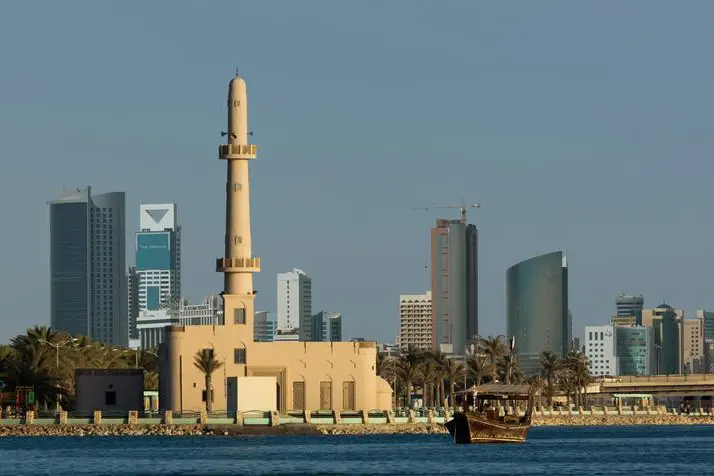PHOTO
Bahrain could become the Middle East centre for cultivating, nurturing and exporting a variety of sea plants to meet the growing demands of Far East consumers, say MPs and councillors.
Seaweed, for example, is hugely popular in China, Japan, Korea and Thailand and is used for soups, noodles or turned into seasonal dressings rich in fibre, calcium, magnesium and iodine.
Five MPs, led by public utilities and environment affairs committee chairman Mohammed Buhamood, believe foreign investors would be interested in taking up space at Ras Hayyan to produce it, alongside kelp and seagrass.
Delicacy
“There is huge local, regional and international interest in aquafarming investments in Bahrain and it is not all about fish … but sea plants too,” said Mr Buhamood.
“Sea plants are important to the ecosystem and the fishing process, while to some Southeast Asian countries like China, Korea, Thailand and Japan, they are a popular delicacy.”
Studies have also shown that certain species of seaweed are a vegan source of biologically-active Vitamin B12. As a nutraceutical product, some edible seaweed is associated with anti-inflammatory, anti-allergic, anti-mutagenic, antitumour, antidiabetic, antioxidant, anti-hypertensive and neuroprotective properties.
Ras Hayyan, a coastal area close to Askar, is home to the country’s National Aquaculture Centre.
The initiative focuses on producing local fish, such as hammour and sea bream, among others. Works, Municipalities Affairs and Urban Planning Minister Essam Khalaf announced in February that partnerships with China and Kuwait on fisheries projects were in progress.
He spoke about investment projects, including land allocated in Ras Hayyan, for dedicated fish farming projects.
“Sea plants, of course, are important in the ecosystem and the whole fishing process, but some Southeast Asian countries consider them a popular delicacy,” said Mr Buhamood. “Edible seaweeds – or sea vegetables – are known for their culinary popularity but there are other demands too. Kelp and seagrass, for example, can be used in medications, cosmetics, spas and even pressed and oiled out for other uses.”
He added that the market was potentially huge and attractive. “We have seen how hydroponics became a popular investment in Bahrain and continues to gain in popularity,” said Mr Buhamood.
“Having similar interests in sea plant farming could pave the way to reach much bigger markets.
“With the current trend of consumers embracing organically-grown foods and ‘natural’ ingredients needed for other items, there could be a huge opportunity open for Bahrain to grasp.”
Southern Municipal Council chairman and Ras Hayyan councillor Bader Al Tamimi urged for more innovative ideas to be considered.
“The Chinese are very interested in taking up spaces for aquafarming because fish in their country is expensive and there is a growing demand.
“If there is no local interest in cultivating sea plants, which honestly is an unexplored market and could make Bahrainis a lot of money, then I’m sure the Chinese would love to take it up.”
Other nations have already jumped on the bandwagon. On the east coast of United States of America and Canada companies have begun cultivating seaweeds in tanks, specifically for human consumption, and their markets are growing with exports to Japan. And, the Irish are showing a renewed interest in seaweeds that were once a traditional part of their diet.
© Copyright 2020 www.gdnonline.com
Copyright 2021 Al Hilal Publishing and Marketing Group Provided by SyndiGate Media Inc. (Syndigate.info).





















